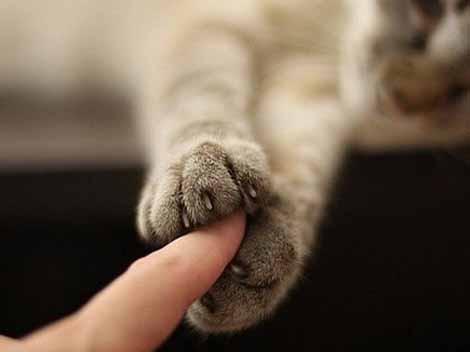| Home > Living In China |
Some Strange Chinese Greetings You Have to Know

"Have you eaten?" is a common greeting among older Chinese. It harks back to the days food scarcity in China.
As an informal greeting, Chinese people like to use "chī le ma?" -- which means "have you eaten yet?" -- when it is the time for a meal. Foreigners who don’t understand this kind of custom might regard this as an invitation to have a meal together. However, this is just a simple greeting, not a real invitation, so can reply with "chī le" or "méi ne" which means "yes, I have eaten" or "no, not yet."
Other Chinese oral greetings
In addition to "chī le ma?," there are many other expressions for saying hello in Chinese, like "where are you going?," "are you busy?," "what are you doing?," "are you going to work?," etc. We can find that when Chinese people greet each other, they like to ask about the things that other side is doing, just did or is going to do. For people not accustomed to these kinds of greetings, one might think that the person saying hello is getting into their personal space -- and leading to reactions like "what you asked is my privacy and non of your business, why do you want to know?" Meanwhile, it turns out, the Chinese person asking this questions does not really want to know "where are you going?" or "what did you do?" -- they just want to express concern for the other person.
How to reply to greetings in a Chinese way
Accustomed to such greetings, Chinese people answer them very quickly and generally, such as "I am going out for a moment" or "I have something to do." So, if you are in China and are greeted in such a way, do not think too hard about how to respond! No explicit answer is necessary.
Though such greetings that ask about daily life are universally used in people's daily lives throughout China, more and more people now say“nǐ hǎo”to express "hello." The simple "hello" is used in formal situations no matter whom is speaking to who, but younger people are more likely to greet each other with it. Older generations are more likely to greet each other with questions about their daily lives, and some observers suggest it is because one's well-being was a much more serious topic when older generations were growing up than it is now.
Custom
 more
moreWeb Dictionary
University
Zhuhai College of Jilin University
Huaibei Normal University
Beijing Information Science and Technology Unive...
Primary&secondary
Beijing No.9 Middle School
Wanjie zhaoyang School
The High School Affiliated to Renmin University ...
Language school
Beijing International Chinese College
Provide more comprehensive, professional and convenient services for...
Northeast Yucai Education Group
A public school providing primary education ranging from grade one o...
Guangdong Overseas Chinese Vocational School
The Chinese Educational Base, a foreign-oriented public institution....
Hobby School
Shaolin Temple South-and-North martial arts coll...
Established and developed by thirty-four generations of martial arts...
China Times
Its main undertakings include TCFL Training, TCFL Teacher Internatio...
Chopsticks Cooking Centre
Subjects include Chinese dishes from different regions, dim sums, lo...





 print
print  email
email  Favorite
Favorite  Transtlate
Transtlate 








